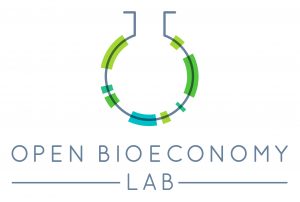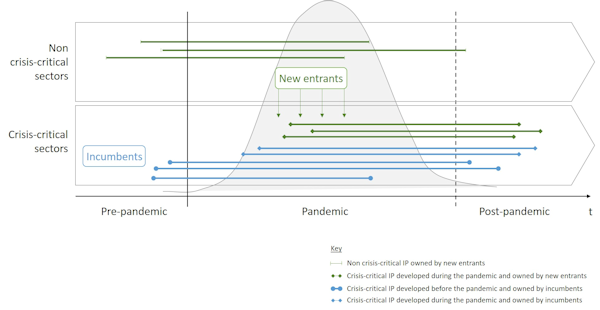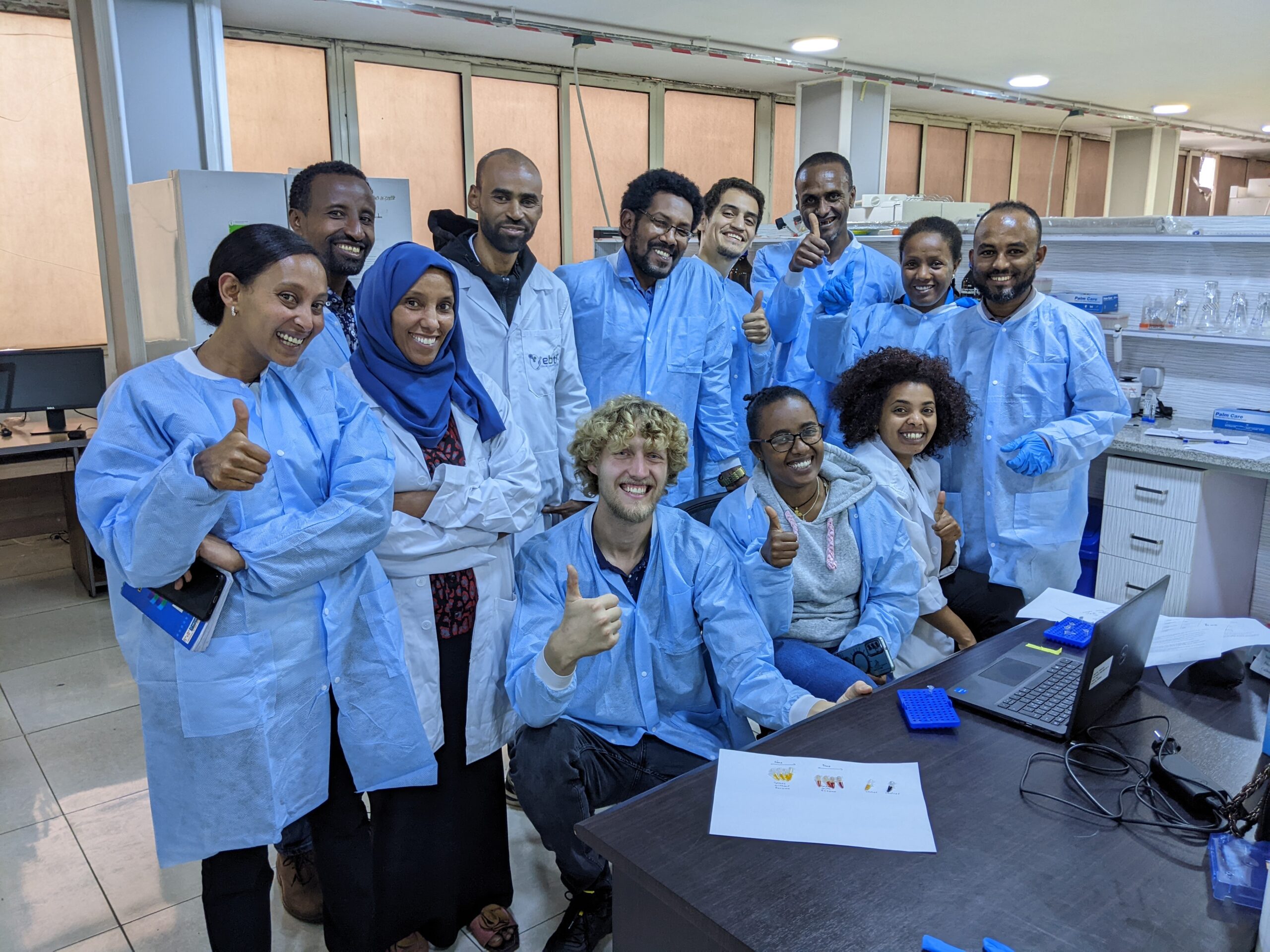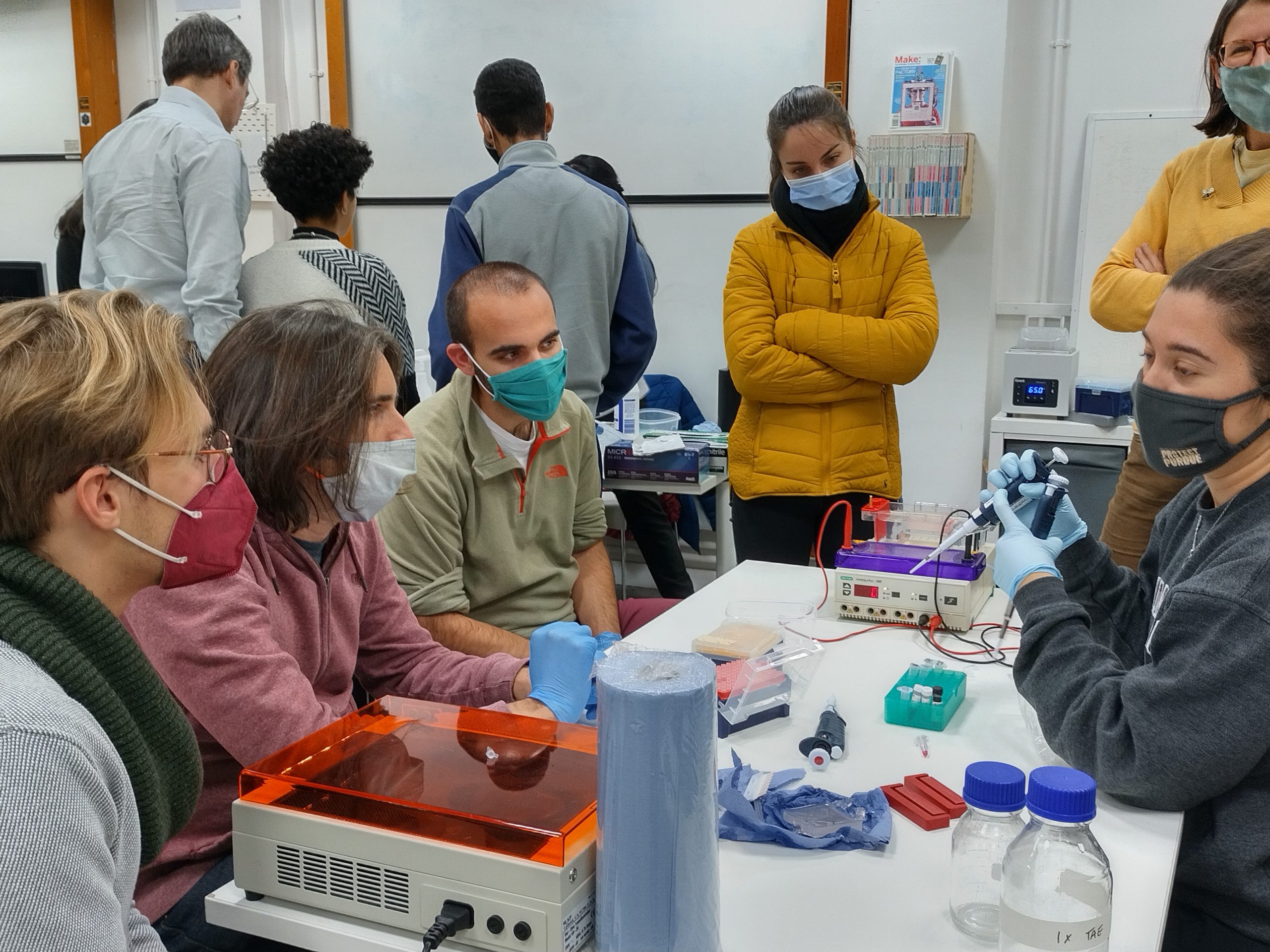A pandemic calls for large-scale action across sectors in order to mobilise resources to develop and manufacture crisis-critical products as efficiently as possible, in the huge quantities needed. This include digital innovations ranging from complex epidemiological models, artificial intelligence (AI) methodologies, to open data platforms for prevention, diagnostic and treatment.
Amongst the many challenges during a pandemic, innovation stakeholders and manufacturing firms find themselves suddenly engaged in new relationships, possibly even with firms that have been competitors prior to the pandemic. Those stakeholders are thus likely to face intellectual property (IP) related challenges. To governmental decision makers these challenges might not appear to be of paramount urgency compared to the many, huge operational challenges to deploy urgently needed resources. However, if IP challenges are considered too late, they may cause delays to urgently mobilising resources effectively. Manufacturing firms could be reluctant to fully engage in the development and mass manufacturing of crisis-critical products.
This paper adopts an IP perspective on the currently unfolding COVID-19 pandemic to identify pandemic related IP challenges. The focus is predominantly on technical aspects related to research, development and urgent upscaling of capacity to manufacture crisis-critical products in the huge volumes suddenly in demand. Its purpose is to provide a structure for those concerned with steering clear of IP challenges to avoid delays in fighting a pandemic.
From an ad-hoc patent analysis we identify that the majority of COVID-19 related patents in the field are around organic chemistry, and the development of methodologies and drugs for the prevention, diagnosis and treatment of viruses. We also identify a time-lag between the outbreak and the materialisation of patent applications, which is consistent with the processes of the Patent Office. The large number of references to non-patent literature published after outbreaks is also an indication of the urgency of scientists to put the information in the public domain and make them accessible quickly to a wider audience.
We identify four stakeholder groups that are particularly concerned with IP related challenges during a pandemic. These include (i) governments, (ii) manufacturing firms owning existing crisis-critical IP (incumbents in crisis-critical sectors), (iii) manufacturing firms normally not producing crisis-critical products suddenly rushing into crisis-critical sectors to support the manufacturing of crisis-critical products in the quantities that far exceed incumbents’ production capacities and (iv) voluntary grassroot initiatives that are formed during a pandemic, often by highly skilled engineers and scientists to contribute to the development and dissemination of crisis-critical products.
This paper discusses IP challenges faced by those stakeholders during a pandemic related to the development and manufacturing of technologies and products for (i) prevention (of spread), (ii) diagnosis of infected patients and (iii) the development of treatments. We offer an initial discussion of potential response measures to reduce IP associated risks among industrial stakeholders during a pandemic.
We identify and analyse three scenarios in which different considerations around IP emerge. In the first scenario manufacturing firms enter Crisis-Critical Sectors to assist incumbents in mass manufacturing the volume required of Crisis-Critical Products. Those firms possess complementary capabilities and resources, so they can repurpose production lines. In the second scenario we discuss IP considerations when voluntary grassroot initiatives enter Crisis-Critical Sectors. In the third scenario we discuss R&D and manufacturing engagements and IP considerations for the incumbents in the CC-Sectors. We finally provide an initial discussion of three possible approaches to address IP concerns during a pandemic, namely compulsory licensing, IP pledges and IP pooling.
About the authors
Frank Tietze is a Lecturer in Technology and Innovation Management at the University of Cambridge, Institute for Manufacturing. Within the Centre for Technology Management (CTM), he leads the Innovation and Intellectual Property Management (IIPM) Laboratory. He is a steering group member of Cambridge Global Challenges. His research has been published widely in leading international journals. Frank is departmental editor of IEEE Transactions on Engineering Management, editorial board member of World Patent Information, editorial review board member of LES Nouvelles, and the editor for the CTM working paper series. He is Affiliated to the Cambridge Centre for Intellectual Property and Information Law (CIPIL) and a member of the Innovation and IP research group at Chalmers University of Technology, Sweden.
Pratheeba Vimalnath is a Post-Doctoral Research Associate at the University of Cambridge, Institute for Manufacturing. Her current research, as a part of the IPACST project, focuses on studying the role of intellectual property (IP) strategies in accelerating sustainability (social, environmental and economic) transitions.
Leonidas Aristodemou is a Doctoral Researcher at the University of Cambridge. He has been an enrichment scholar at The Alan Turing Institute, London, UK. He is supervised by Dr. Frank Tietze and advised by Prof. Tim Minshall. He is an executive board member of the Cambridge University Engineers Association, a member of the EU AI Alliance, and a member of St. Edmund’s College. His research is in artificial intelligence and technology and innovation management.
Jenny Molloy is a Shuttleworth Fellow at the Department of Chemical Engineering and Biotechnology at the University of Cambridge. Her research is in Distributed Manufacturing of Tools for Biotechnology and the Role of Open Source in the Bioeconomy.






